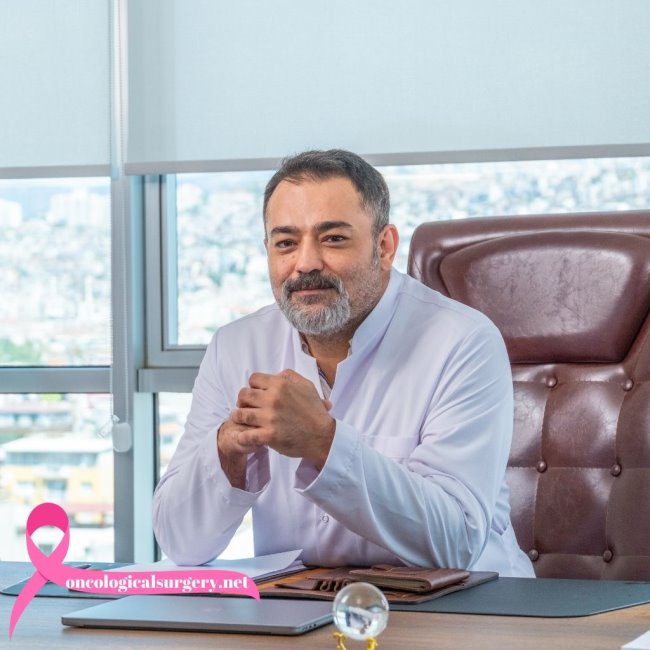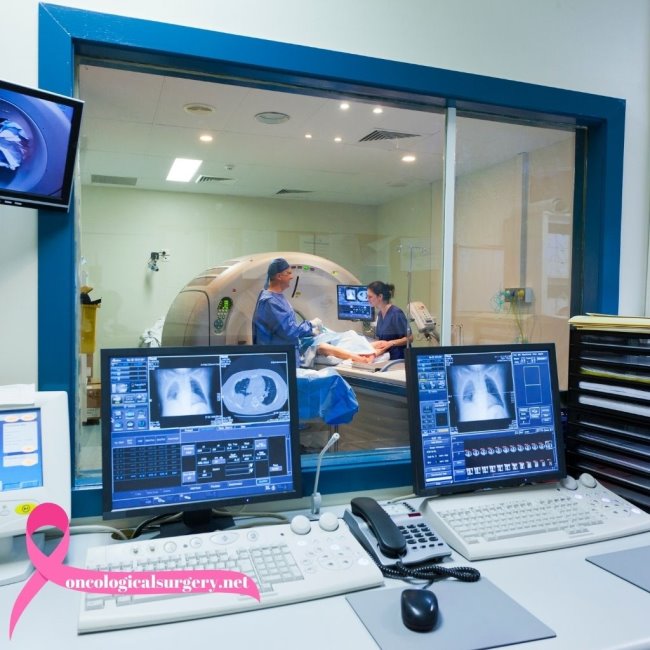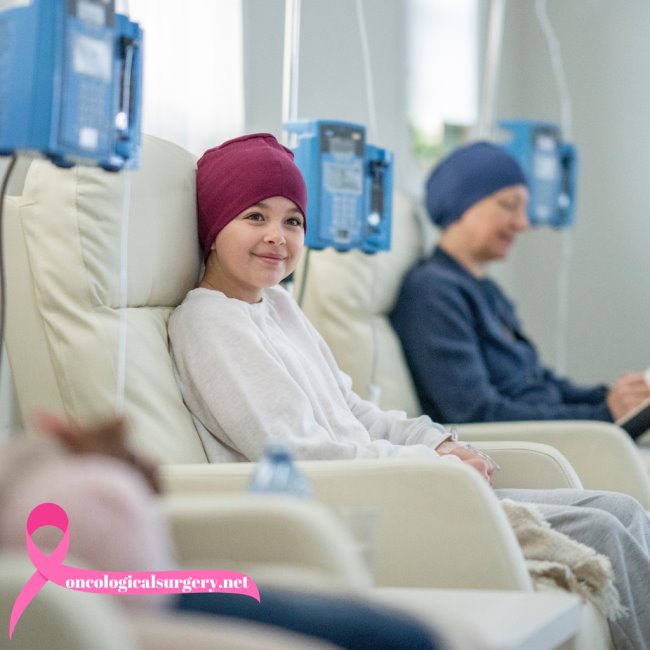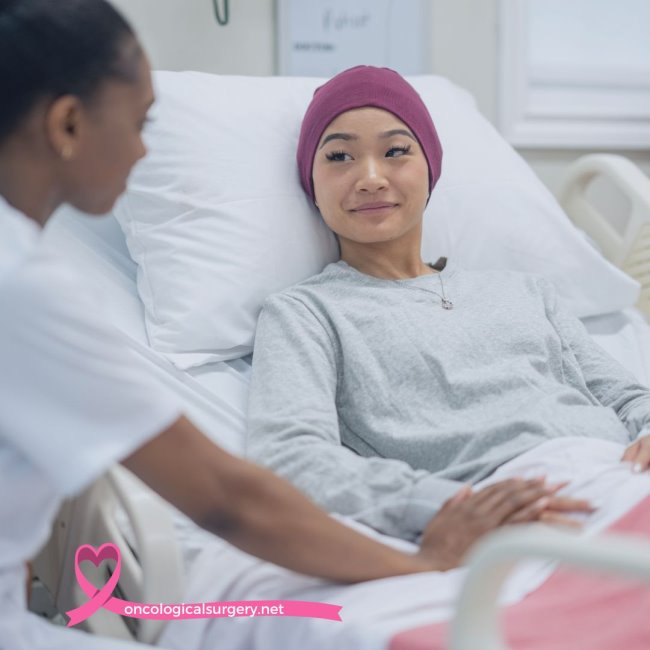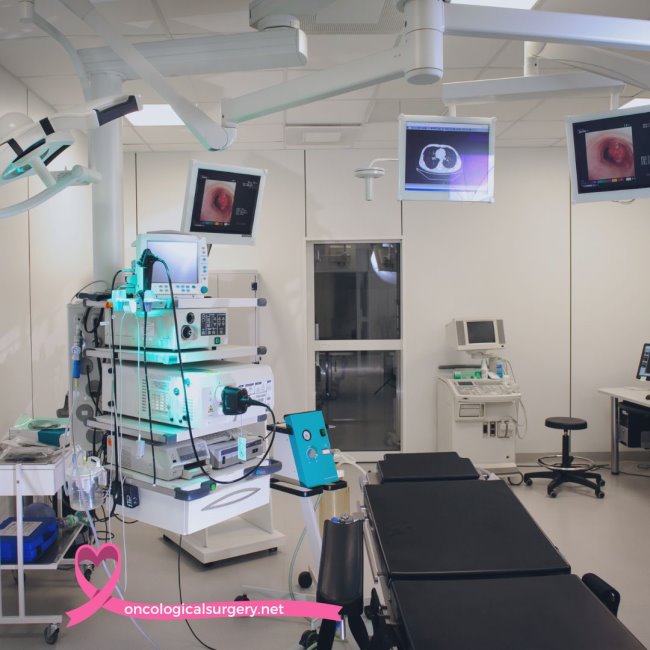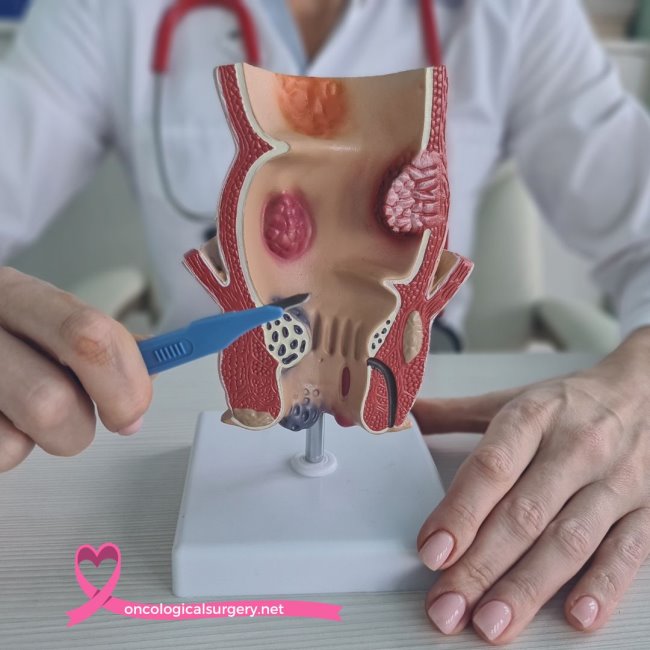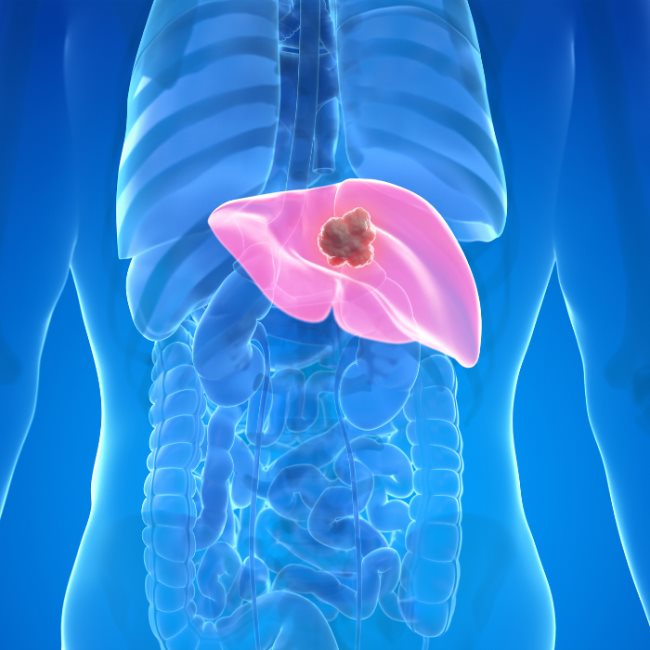
Personalized Cancer Treatment Plans
Surgery as a Means of Customised Cancer Treatment Plans
Cancer is one of those journeys nobody hopes to embark on, and if and when it finally does arrive, it can turn your world upside down. That is why, since each person's fight against cancer is unique, treatment plans that work best are personalised. Surgery may also play a very significant part in these tailor-made plans, offering hope and well, a way forward.
Knowing where surgery falls into a cancer treatment plan can be very freeing in and of itself. Much more than removal of the tumor, an immediate plan is being laid out for your body and its needs. It's personalized according to the type of cancer, its stage, and how it might have altered your general health and lifestyle.
Personalized Cancer Treatment
In other words, personalized cancer treatment means doctors create a plan of care for you-unique to your situation-rather than taking a one-size-fits-all approach. That may make treatments work better or might have fewer side effects. It is a partnership between you and your health care team in which your preferences and fears count.
This makes doctors carry out treatments in view of the peculiarities of your case. It can mean genetic testing with the aim of finding out whether your cancer contains mutations that can be specifically targeted by certain drugs, or it may mean a selection of surgical techniques that would best apply to your case. This is done with the aim of ensuring that one has maximum positive effect from the treatment with minimum possible disruption to his life.
The Crucial Role of Surgery in Cancer Care
When it comes to cancer, surgery is generally one of the starting points of treatment. It can serve as a diagnostic tool, a method of treatment, or in some cases, as a preventive measure for a type of cancer. It is commonly possible that once a tumor has been found in its earlier stages, the tumor which has been removed via surgery may remove all presence of cancer completely.
But surgery is not a one-size-fits-all. Advances in medical technology have made options range from minimally invasive to more extensive operations. The type of surgery to be performed will be dictated by several factors such as tumor location, size, and stage, and your general health. These will be discussed with you by the surgical team to arrive at what would be the most appropriate action.
Advances in Oncology Surgery
There have been great innovations in oncology surgery over these past years. Laparoscopic and robotic surgery techniques enable surgeons to operate with great precision, with only the tiniest of incisions being made-meaning less pain and quicker recovery for the patients.
New technologies, including intraoperative imaging and enhanced visualization tools, have also been adopted for use in cancer surgery. These new technologies afford the surgeon much clearer distinctions between healthy and cancerous tissues, therefore reducing the possibility of leaving cancerous tissue behind.
Among the most common cancers, it is also among those cancers for which outcomes have considerably improved owing to early detection and personalized treatment. It is, therefore, particularly important to fully understand your exact type of colon cancer to choose the best surgical option.
Treatment for Colon Cancer typically involves the resection of the segment of the colon containing the tumor along with regional lymph nodes. The extent of surgery is often based on both the stage and location of the tumor. Your surgeon may also employ minimally invasive techniques to reduce your recovery time and postoperative discomfort.
Personalised Surgery for Pancreatic Cancer
This is particularly tricky since the place pancreatic cancer is located, its diagnosis usually occurs so late. However, personalized surgical plans will make all the difference in treatment outcomes. Other surgical interventions could also involve the Whipple operation, entailing removal of part of the pancreas together with other tissues around it.
Surgery for pancreatic cancer is best performed by an experienced operating team. Whether surgery is possible will depend on the extent of spread. When possible, surgery can be an important part of your overall treatment, which may also include chemotherapy and radiation.
Personalised Surgical Options for Stomach Cancer
Treatment options for stomach cancer have evolved, but surgical intervention remains a cornerstone of care. The extent of surgery will be dependent on the stage of the cancer and the location within the stomach. Surgical interventions range from removing a part of the stomach to total gastrectomy, where the entire stomach is removed.
Treatment of Stomach Cancer Treatment for stomach cancer seeks to eliminate the cancer while preserving as much normal function as possible. Your surgeons will work with you to understand your needs and explain to you how different surgical options may affect digestion and quality of life after the procedure.
Personalised Thyroid Cancer Treatment
It affects a gland involved in the secretion of hormones in charge of metabolism. Treatment for thyroid cancer often begins with surgery. Surgical procedures may be in the form of partial removal of the affected area or the removal of the entire gland itself.
Thyroid cancer treatment generally follows an individualized pathology for the patient. The size of the tumor, whether the cancer has spread, and your age are important considerations that help determine the best surgical plan. When possible, surgeons try to take out the cancer and spare some thyroid function.
The Importance of a Dedicated Oncologist
It makes all the difference when one has an oncologist whom one can trust to walk them through cancer treatment. They coordinate one's care, explain one's options, and support them through it. Indeed, a private oncologist may be in a position to give more personalized time; hence, the anxieties are put to rest as soon as possible.
Working with a private oncologist means you will always have in your corner someone more knowledgeable about your case than anyone. He or she will be able to act on your behalf, explain side effects, and make necessary adjustments to treatment plans. Such personalized treatment can make quite a difference in how one handles his or her diagnosis and eventual outcomes.
Preparing for Surgery: What to Expect
Surgery can be intimidating, but perhaps knowing what to expect will make you feel a little better. Your medical team will walk you through your preparation, which may include testing, consults, and preoperative instructions.
The questions should be asked, and concerns should be expressed. Knowing what to expect from the procedure, the time your recovery will take, and possible risks only helps one feel more in control. Your healthcare providers are there for the purpose of making you comfortable with every step.
Recovery from cancer surgery is as good as the type of surgery and, of course, your general health. Your doctor or nurse will provide an after-care plan with everything you might need about pain management, wound care, and restriction of activities.
This may involve further follow-up so that progress about the process of healing can be followed and any complication dealt with as quickly as possible. You are also offered rehabilitation services such as physical therapy to help regain your strength and functionalities back.
Emotional Support and Resources
Every day of living with cancer and surgery is physically and emotionally exhausting. Every emotion, literally every ounce of fear, anxiety, hope, or determination, is felt to the core. And it is at this juncture that support from counsellors, support groups, or loved ones makes all the difference.
Many organizations offer support and facilities to cope with the psychological burden of the treatment of cancer. It is important not to be afraid to ask for help; one is never alone, and there is always somebody nearby to help one through.
The Future of Personalized Cancer Surgery
The modus operandi of treating cancer is under constant change. Better research in genetics, advances in technology, combined with clinical studies, mark the trend to make surgery more personalized and yet more efficient.
While still very new, novel treatments include immunotherapies and targeted therapies, and hence a small beacon of hope still remains for improved outcomes. It is hoped that once these innovations reach the mainstream levels of delivery, better survival rates and quality of life can be realized among cancer patients.
It also forms part of personalized cancer treatment plans, and through these, one can give personalized attention in the fight against cancer. The doctors can then provide better care, having focused on your unique case and given treatment which is more in line with what you need. And let it be remembered always that for every problem or victory that occurs along the way, there is a team.
